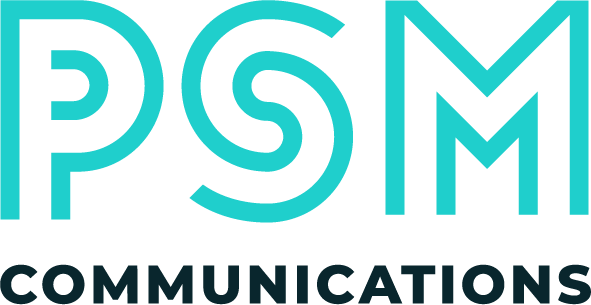The vast majority of B2B marketers use content, yet a mere 37% have documented strategies. Isn’t that crazy?
For your content marketing to deliver real
impact, it must be led by a considered, clear and shareable strategy. Not only
will it allow minds to be focused, but it will allow you to see what works (and
what doesn’t) and help you decide how you should be spending your content budget
in the long term.
So, if your firm is part of the 63% working without a documented strategy,
we’re here to convince you to commit the time and energy to developing one.
Below, we’ve highlighted 5 clear benefits of getting your content marketing
strategy down on paper.
Benefit #1
It lets your team into the process and allows them to focus on defined goals
Presenting your full content strategy to your full team will convince those who may not be fully sold on the value of having a strategic approach to content.
You will set yourself up for success by being open with your department. Evidence shows that companies that make a plan and share it in its entirety with their team (and wider departments) have the most success. Transparency really is key to keeping your team focused on set goals and campaigns, as well as understanding the overall picture – A CMI study shows us that 81% of B2B content marketers find that having a documented content marketing strategy aligns their team around a common mission.
Understanding how everything works together and demonstrating the priorities and processes means your team will be clear about their responsibilities. This will establish accountability as well as increasing team effectiveness and moral.
Benefit #2
Helps you allocate limited resources
When I worked in-house, I was continually faced with limited resources (personnel and financial), but following a documented content strategy helps mitigate these issues. If your projects and campaigns are all laid out in detail it will be much easier to allocate budgets and assign responsibilities. Recognising the requirements for each of your campaigns helps you decide who is best suited to manage them, as well as highlighting any gaps where you may need to hire external support.
If your projects and campaigns are all laid out in detail it will be much easier to allocate budgets and assign responsibilities.
We strongly recommend creating an editorial calendar to manage your content strategy. This will help you with publishing content and monitoring its success as well as managing deadlines for campaigns to keep your process on track.
Benefit #3
Clarifies your target audience persona
Understanding your target audience is an essential part of any content marketing strategy. Creating detailed audience personas will inform the content you create, which will ultimately mean your content will do a much better job of speaking to the exact audience you are targeting.
Keep focused as you establish your audience persona, remember you are not creating content for the general public, you’re creating it to attract specific individuals who can contribute to your company’s goals.
Use the data available to you to build a target audience persona – to help you, have a read of a previous blog of ours: Why Personas.
Of course, understanding your target audience is a major part of any content marketing strategy. Realising how they think, what they want, and how your services can fit their needs helps you pinpoint a more effective personalised content approach. I always think it’s important to do this exercise as a team, and don’t forget to involve your consultants and sales teams. Everyone will likely have an idea of your target audience persona in their mind, but getting it down on paper and sharing ideas helps you all get a fully rounded view of who you are trying to reach and why.
Benefit #4
Makes it easier to choose what conversations to have and which content to develop
As a brand, you have to carefully select the conversations you want to have with your readers and ensure they meet your firm’s editorial guidelines. One hint here: consider creating a content scorecard to ensure that every piece you publish is up to your standards. Spending time establishing the type of content you intend to put out is a worthwhile exercise – whether it’s white papers, social media, videos, infographics, blogs or podcasts, documenting your strategy gives your creative teams a game plan to follow.
Benefit #5
Measures your success
What sets a content strategy apart from just a plan is defining and agreeing on metrics for success. These can include:
- MQLs
- SQLs
- Improved SEO ranking
- Increase in email subscribers
- Engagement rates across social channels
Measuring the results of your content marketing from the start of your strategy will help you keep your output relevant to your audiences. It’s important to take time for measurement and analysis – simply adding data to a spreadsheet won’t help your strategy thrive. Diving deep into your data can teach you what kind of content works best as well as helping you understand how to leverage high performing content across your other platforms.
Diving deep into your data can teach you what kind of content works best as well as helping you understand how to leverage high performing content across your other platforms.
Tracking your metrics will make your strategy stronger and help inform future content planning, ultimately enriching your strategy.
Conclusion
Your strategy forms a roadmap that can guide you towards a successful result, but remember – you still need to be nimble and responsive, so don’t let it restrict you. Monitor your progress at regular intervals to ensure your content marketing is always delivering.
Hopefully that helps, if you need support in developing your content marketing strategy please do get in touch.

